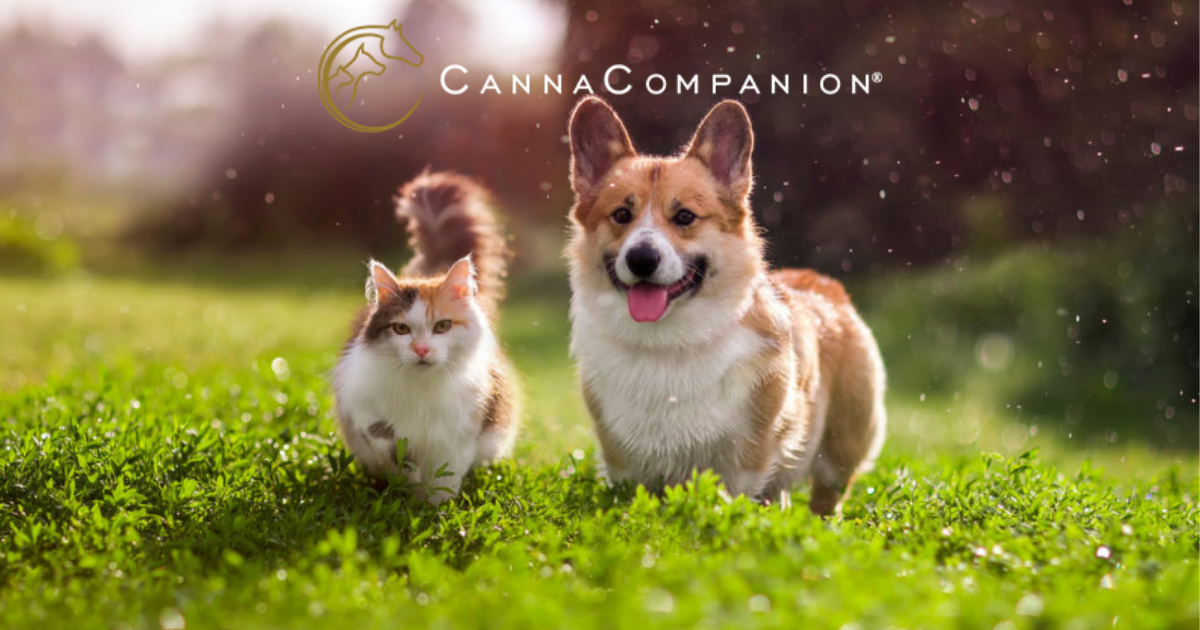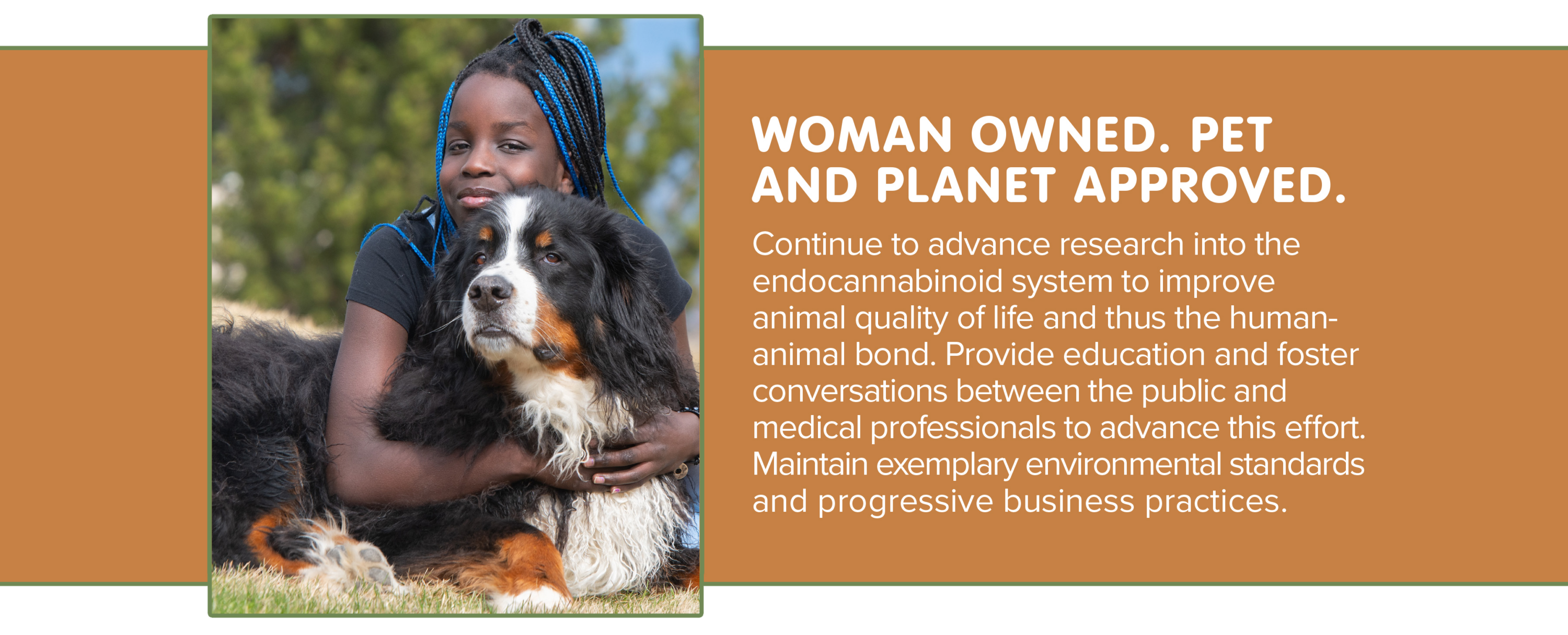How to Get Your Dog Eating Again
More often than not, our canine friends will eat just about anything that looks and smells tasty. That’s why it can be so distressing when they refuse to touch their food and treats. Could they be sick or experiencing situational anxiety? Do their teeth hurt? Or are they just not hungry at the moment? Here at Canna Companion, though our products are not an appetite stimulant, our number one goal is to provide you with all of the knowledge and resources you need to keep your pets safe and healthy. Today, we’ll give you a step-by-step guide on how to get your dog eating again.
Step 1: Set up an appointment with your veterinarian.
If your dog is turning down their daily meals, they should definitely be examined by a veterinarian within the next week or so. Loss of appetite is a key symptom of many serious conditions in dogs. Of course, this behavior could just as easily be linked to less severe and dangerous conditions (like emotional distress or an upset stomach), but you won’t be able to definitively identify the source without the help of an animal health expert.
Depending on your veterinarian’s schedule, they may not be able to see your pet for a few days, and that’s perfectly fine. You just need to lock down a date to ensure that you’ll have access to professional assistance if the suggestions we provide in this guide don’t work. And even if your dog’s appetite returns with a vengeance before the appointment, it wouldn’t hurt to have them examined to rule out any serious afflictions.
Now that you’ve arranged a visit with the vet, we can focus on using a few simple tricks to coax your dog into eating.
Step 2: Try exercising your dog before each meal.
There’s nothing like a morning jog or an intense round of fetch to rekindle your dog’s appetite. If your canine is old or feeling weak, then a nice, long walk will suffice as well. Believe it or not, regularly exercising your pet can be incredibly beneficial for their digestive system. Last but not least, taking in new sights and smells by spending time outside can raise your animal’s spirits, taking their mind off of any emotional distress or anxiety that might be responsible for their lack of hunger.
Step 3: Switch up your dog’s eating ritual.
Make no mistake, animals can be just as picky about their eating routines as humans. Even the smallest shift in smell or bowl positioning can throw them off and cause them to avoid their food altogether. Next time you’re about to pour your dog some food, swap out their old dish with a fresh one and play with different heights and angles to see which ones they prefer. You can even place a few pieces of their favorite treat close to the bowl to see if that perks their interest. One of our favorite techniques is to make a game out of the meal by using special chew toys that dispense treats. It might seem ridiculous, but these strange little alterations might be just the thing to get your dog excited about eating again.
Step 4: Experiment with different types of food.
Most dogs find certain types of food more appetizing than others. For example, in the eyes of almost every canine, a dry and boring bowl of dog food pales in comparison to a freshly cooked slice of chicken breast. Make up a few warm and smelly (in a good way) bowls of broth with fresh chicken, pork or beef in them. Meals like these are almost irresistible to most dogs, so odds are very good that they’ll take a few tentative licks at the very least. Dishes with meat in them usually work best, but each canine has their own unique preferences. Feel free to experiment with as many dog-friendly foods as you want until you find one that sticks.
Step 5: Stay positive and don’t panic.
Even if all of these steps fail to get your dog eating, it’s imperative to stay positive. Once you take your four-legged friend in for their checkup, you’ll be given all of the information and tools you need to improve your dog’s appetite. Your veterinarian might prescribe a special diet or medication to stimulate their appetite. In more severe cases, they will provide you with a liquid diet (that you will feed your dog with a syringe) or insert a feeding tube until they identify and address the cause of their loss of appetite. In any case, your pet will be on the road to recovery and good health very soon.
Note: During your veterinary consultation, be sure to let them know if you have any questions or concerns about caring for your pet or applying their recommended treatments. These professionals value the well-being and happiness of your pet just as much as you do and will be more than happy to provide you with all of the support and guidance you need.
Support Your Dog’s Health with Canna Companion Supplements
Once your canine is back to his or her old self, you should consider giving them high-quality pet supplements to help maintain an excellent quality of life. Canna Companion is a unique blend of Cannabis sativa strains (commonly referred to as hemp) that is designed to support the “entourage effect” of the Cannabis plant. These supplements are easy to administer and offer a wide variety of benefits for our canine friends.
Canna Companion’s capsule and oil products support healthy neurological function, maintain a healthy GI tract and encourage a calm demeanor, mitigating temporary and situational anxieties in the process. These supplements also assist in the normal functioning immune system and joint mobility, making them a great choice for older dogs that are starting to transition into their later years.
If you’re interested in learning more about Canna Companion or our pet supplements, then call or message us today.



